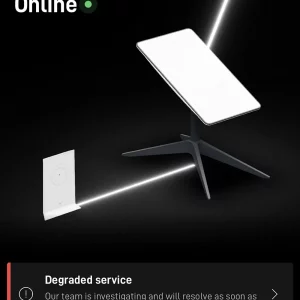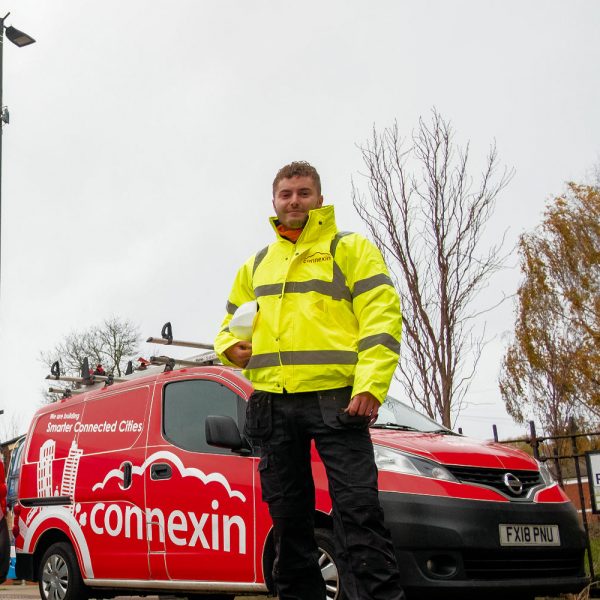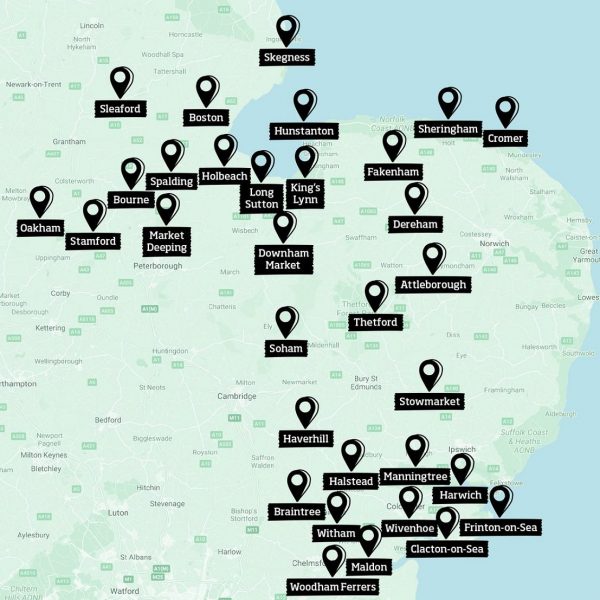Sponsored Links
TFL Criticises Welsh Assemblys Broadband Notspot Project
Posted: 16th Jun, 2008 By: MarkJ
TFL-Group, a Pembrokeshire-based telecoms company, has criticised the Welsh Assembly Government's RIBS (Regional Innovative Broadband Support) project for its limited scope, which could leave many rural residents with slower speeds than those living in more urban areas.
As many have since discovered, if you are unlucky enough to live more than an acceptable distance from your local broadband-enabled exchange, or if your local telecoms infrastructure is not already in tip-top condition, there is still a good chance that you will not be able to receive a broadband signal. And as if that wasnt bad enough, if you cannot already receive broadband from BT today then there is little prospect of BT addressing that in the foreseeable future.
The RIBS project seeks to provide 1st generation (512kbps 2Mbps download and 512kbps upload) into broadband notspot areas and provide a near ubiquitous broadband service in Wales. But, since the RIBS criteria was originally established, the world has moved on and areas close to exchanges in towns, cities and even villages across much of the rest of the UK are now capable of receiving up to 8Mbps/800kbps services.
TFL believes that the RIBS approach is potentially divisive, economically unsound and at odds with the Assemblys own stated objective of achieving the development of a modern, knowledge-based economy. The company believes the Welsh Assembly Government should seek to provide higher bandwidth infrastructure if the technology deployed allows, rather than restricting economic opportunity by artificial constraints.
Unfortunately however, this approach is not open to the Assembly, as failure to meet the bid criteria would result in the Assembly falling foul of European funding rules. Likewise a new bid is out of the question under the new strategic framework, which does not allow for infrastructure build.
Thankfully TFL is currently considering funding package options, which will allow the company to build upon its existing wireless infrastructure and provide current and future customers with the bandwidth they require - where they want it and at market rates:
TFL states that it has been in discussions with the Welsh Assembly Government for sometime about broadband infrastructure in Wales, though it is only very recently that the Assembly has entered into meaningful dialogue. This dialogue has centred on the Assemblys existing RIBS (Regional Innovative Broadband Support) project and the possibility of TFL working with them to address broadband notspots.
Typically TFL makes an all too familiar point about government attitudes towards rural areas, both in Wales and the UK at large. The economic difficulties of covering such areas far too frequently leads officials to merely concentrate on getting people connected, somewhat ignoring the importance of service performance and speed.
As many have since discovered, if you are unlucky enough to live more than an acceptable distance from your local broadband-enabled exchange, or if your local telecoms infrastructure is not already in tip-top condition, there is still a good chance that you will not be able to receive a broadband signal. And as if that wasnt bad enough, if you cannot already receive broadband from BT today then there is little prospect of BT addressing that in the foreseeable future.
The RIBS project seeks to provide 1st generation (512kbps 2Mbps download and 512kbps upload) into broadband notspot areas and provide a near ubiquitous broadband service in Wales. But, since the RIBS criteria was originally established, the world has moved on and areas close to exchanges in towns, cities and even villages across much of the rest of the UK are now capable of receiving up to 8Mbps/800kbps services.
TFL believes that the RIBS approach is potentially divisive, economically unsound and at odds with the Assemblys own stated objective of achieving the development of a modern, knowledge-based economy. The company believes the Welsh Assembly Government should seek to provide higher bandwidth infrastructure if the technology deployed allows, rather than restricting economic opportunity by artificial constraints.
Unfortunately however, this approach is not open to the Assembly, as failure to meet the bid criteria would result in the Assembly falling foul of European funding rules. Likewise a new bid is out of the question under the new strategic framework, which does not allow for infrastructure build.
Thankfully TFL is currently considering funding package options, which will allow the company to build upon its existing wireless infrastructure and provide current and future customers with the bandwidth they require - where they want it and at market rates:
We started our business originally to service the radio communications needs of businesses across Pembrokeshire and moved into broadband service delivery almost by accident, commented TFL Director, Jonathan England.
However, it wasnt long before we realised with our network of sites we could make a real impact in terms of access in Pembrokeshire, Carmarthenshire and Ceredigion. We now believe that the time is right to launch the next phase of our business plan - to deliver 21st century communications to the people of mid and west Wales.
Without local support we would not even have been able to contemplate this project and we are extremely grateful to those that continue to support us in providing a telecommunications infrastructure that everyone in Wales both deserves and can be rightly proud of.
However, it wasnt long before we realised with our network of sites we could make a real impact in terms of access in Pembrokeshire, Carmarthenshire and Ceredigion. We now believe that the time is right to launch the next phase of our business plan - to deliver 21st century communications to the people of mid and west Wales.
Without local support we would not even have been able to contemplate this project and we are extremely grateful to those that continue to support us in providing a telecommunications infrastructure that everyone in Wales both deserves and can be rightly proud of.
TFL states that it has been in discussions with the Welsh Assembly Government for sometime about broadband infrastructure in Wales, though it is only very recently that the Assembly has entered into meaningful dialogue. This dialogue has centred on the Assemblys existing RIBS (Regional Innovative Broadband Support) project and the possibility of TFL working with them to address broadband notspots.
Typically TFL makes an all too familiar point about government attitudes towards rural areas, both in Wales and the UK at large. The economic difficulties of covering such areas far too frequently leads officials to merely concentrate on getting people connected, somewhat ignoring the importance of service performance and speed.
Search ISP News
Search ISP Listings
Search ISP Reviews
Latest UK ISP News








Cheap BIG ISPs for 100Mbps+
150,000+ Customers | View More ISPs
Cheapest ISPs for 100Mbps+
Modest Availability | View More ISPs
Latest UK ISP News
Helpful ISP Guides and Tips
Sponsored Links
The Top 15 Category Tags
- FTTP (5572)
- BT (3526)
- Politics (2549)
- Openreach (2308)
- Business (2279)
- Building Digital UK (2250)
- FTTC (2049)
- Mobile Broadband (1987)
- Statistics (1796)
- 4G (1676)
- Virgin Media (1634)
- Ofcom Regulation (1472)
- Fibre Optic (1405)
- Wireless Internet (1399)
- FTTH (1382)
Sponsored
Copyright © 1999 to Present - ISPreview.co.uk - All Rights Reserved - Terms , Privacy and Cookie Policy , Links , Website Rules






























